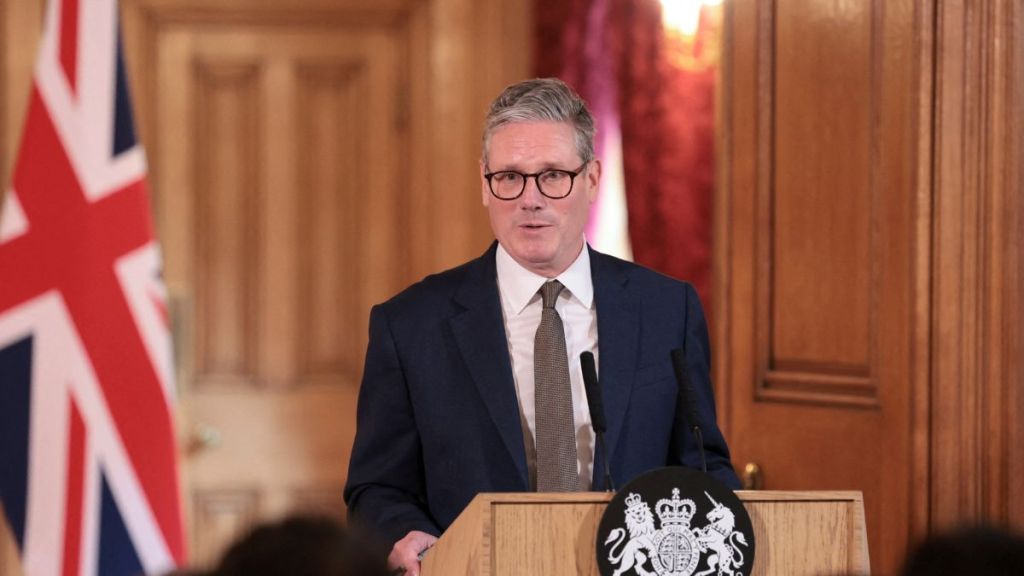“Builders. Not. Blockers.” – This was the UK Prime Minister Kier Starmer’s message on X (formerly Twitter) following the government’s commitment to invest tens of thousands of pounds to train Brits. The government plans to spend around 3 billion pounds (around Rs 34,638.48 crores) to upskill people across various sectors before the next general election. As part of this initiative, an additional 30,000 apprenticeships will be created over the next four years.
This training programme is a key part of a wider strategy to address labour market shortages by prioritising local talent and reducing dependence on foreign workers.
According to the UK’s education department, the investment will create 1,20,000 new training opportunities in key sectors such as construction, engineering, health and social care, and digital and put the spotlight back on the skills landscape towards young, domestic talent.
As a result, the government funding will be redirected away from master’s-level apprenticeships to concentrate on training at lower levels.
“Shared, stronger economic future”
Education Secretary Bridget Phillipson said that this investment reflects the government’s commitment to building a “shared, stronger economic future” through the empowerment of Britain’s youth.
“A skilled workforce is the key to steering the economy forward, and today we’re backing the next generation by giving young people more opportunities to learn a trade, earn a wage and achieve and thrive,” Sky News quoted Phillipson as saying.
She added, “But everyone has a role to play in a thriving economy, and we’re taking our responsibility seriously, providing more routes into employment, it’s now the responsibility of young people to take them.”
Upskill people before the next general election
More than one in five working-age Britons are neither employed nor actively looking for work, with the latest official figures showing an inactivity rate of 21.4%. This rate has been steadily increasing since the COVID-19 pandemic.
The Labour government has faced mounting pressure to put a stop to immigration after the Reform UK party made gains in the May local elections. Since the right-wing party is anti-immigration, the government has introduced measures aimed at tightening citizenship rules, limiting skilled worker visas to graduate-level positions, and encouraging companies to invest in training local talent.
Prime Minister Keir Starmer emphasised the shift in approach, declaring that the “open border experiment” had come to an end.
In a statement released Tuesday, the government said that a proposed 32 per cent increase in the immigration skills charge, intended to discourage firms from relying on foreign labour, would fund up to 45,000 new training opportunities. These placements aim to enhance the skills of the domestic workforce and reduce dependence on migration in key sectors.
Businesses have raised concerns that they are unable to find enough local workers to fill job vacancies. They warned that the stricter immigration rules could hurt the economy unless they are paired with a major reform of the country’s skills training system.

